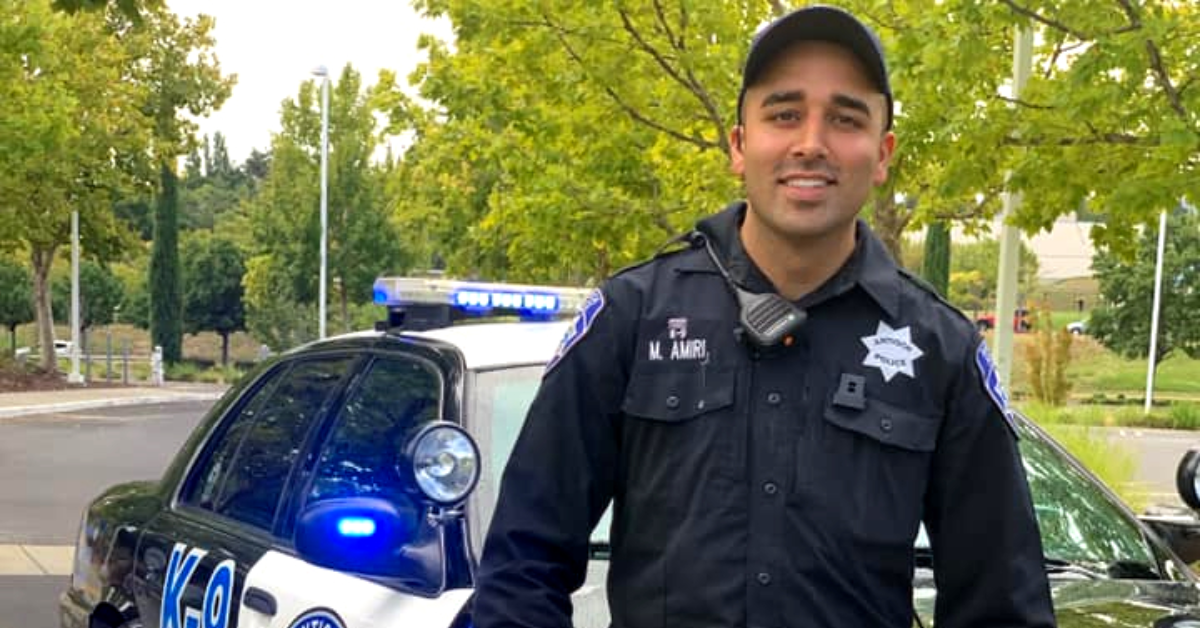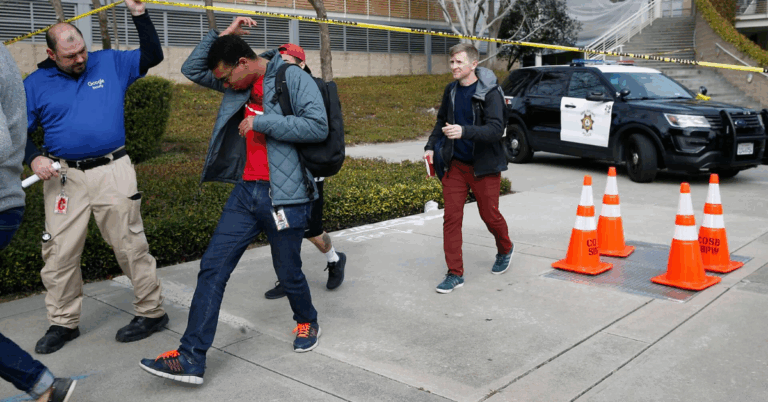
A jury has recently convicted Devon Wenger, a former police officer from Antioch, marking a significant development in a case that has captured public attention. The trial shed light on serious allegations against Wenger, a once-trusted law enforcement official. This verdict serves as a reminder of the importance of accountability within police departments.
The conviction has sparked discussions about police conduct and justice reform, topics that resonate globally, including in India. Understanding the facts of this case can help young readers grasp how judicial systems work and why fairness and ethics matter in public service roles.
Who is Devon Wenger?
Devon Wenger served as a police officer in Antioch, a city known for its growing community and dedication to public safety. However, his career came under scrutiny after allegations emerged involving misconduct during his service. The details revealed during the trial pointed towards actions that breached public trust.
According to The New York Times, Wenger was accused of abusing his position, which led to a thorough investigation and eventually a court case. The judge and jury evaluated evidence, testimonies, and legal arguments before reaching their verdict.
Details of the Conviction
The jury found Devon Wenger guilty based on evidence presented in court. This includes video footage, witness statements, and expert testimonies that demonstrated his involvement in the crimes charged. The conviction highlights how the legal system aims to uphold justice, even when it concerns members of law enforcement.
Reports from CNN confirm that the charges against Wenger involved abuses of power and violation of civic rights. This case ultimately supports efforts to ensure police officers remain responsible to the public they serve.
Implications for Police Reform
The conviction of a former officer like Devon Wenger has major implications for police reform, a global concern. Many cities across the United States and India are looking for ways to improve transparency and reduce misconduct in law enforcement. Cases like this increase public demand for stronger oversight and training.
Expert analysis from BBC News suggests that holding officers accountable is essential for building trust between police and communities. Younger generations are especially interested in policing that respects human rights and equality.
What’s Next for Devon Wenger?
Following the conviction, Devon Wenger faces sentencing where the punishment will be decided by the court. Sentences can include prison time, fines, or other legal consequences depending on the severity of the crimes. The court’s decision aims to serve justice and deter future misconduct.
Additionally, Wenger’s case may influence future policies in Antioch and other cities regarding how police behavior is monitored and judged. Public discussions and community initiatives are likely to continue focusing on safety and fairness in law enforcement.
How Indian Readers Can Relate to This Case
Although this case happened in the United States, Indian readers can learn important lessons about justice and accountability. Police misconduct is a concern worldwide, and empowering citizens to hold officers accountable helps maintain peace and order.
Young people especially can use the example of Devon Wenger’s conviction to understand the importance of legal rights and how courts work to protect those rights. Awareness promotes positive change and encourages citizens to participate in community safety and governance.









